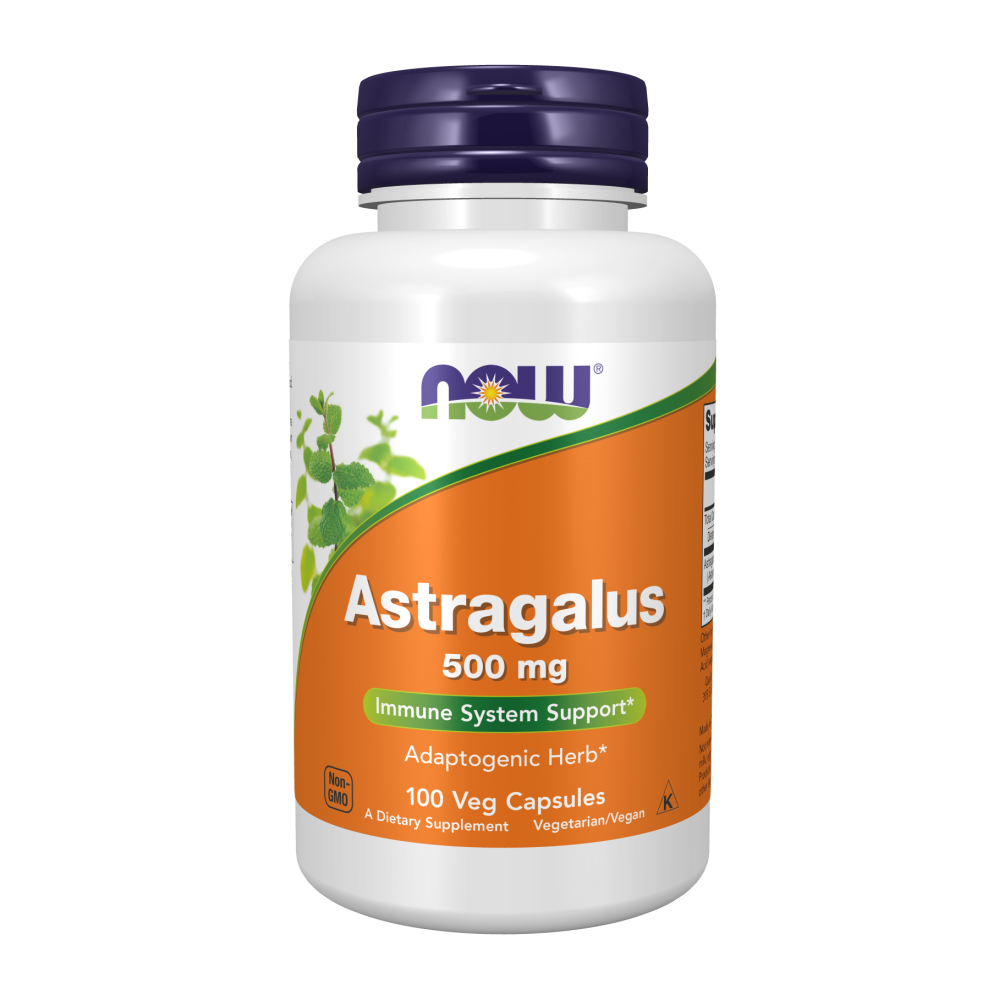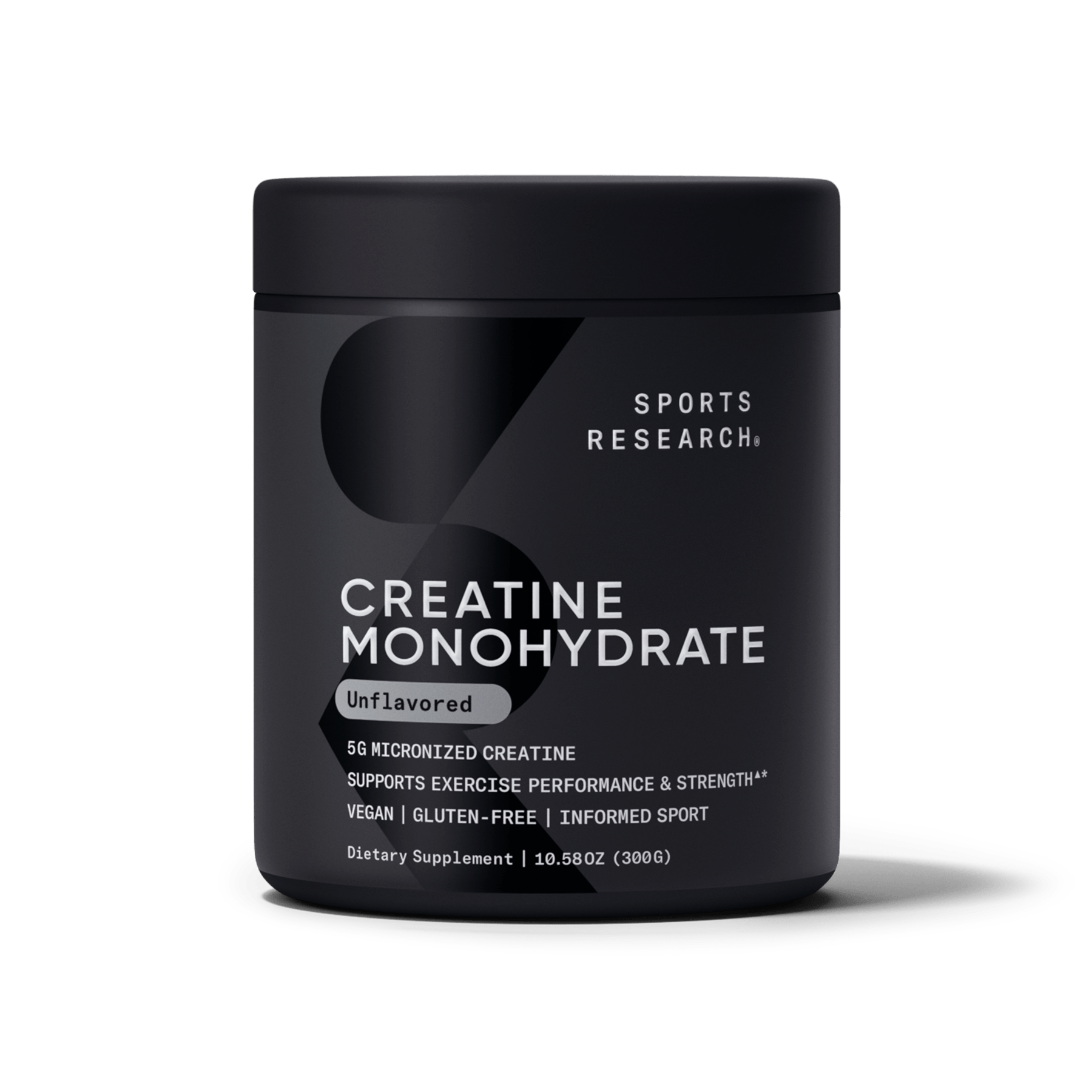When you hear “magnesium for athletes,” the first thought that often comes to mind is relieving muscle cramps. Although calcium is necessary for muscles to contract, magnesium ensures they relax.
Magnesium, as an essential mineral and cofactor for 600+ enzymatic reactions, regulates much more than just the tightening and loosening of muscles. It plays an important role in protein synthesis, immune function, muscle and nerve function (heart, skeletal muscle, GI tract), bone health, blood glucose regulation, and blood pressure maintenance – to name just a few of the magnesium benefits for athletes.
Magnesium, for athletes, is also an integral factor in cellular energy production pathways, oxidative phosphorylation, and glycolysis – all ways the body makes and uses energy. This is all important to understand if you are an athlete looking to optimize your performance and recovery.
Studies show a positive association between magnesium, muscle recovery, and muscle performance for movements that play key roles in almost all sports:1
- Grip strength (an indicator of muscular endurance and overall strength)2
- Lower-leg power
- Knee extension torque (an indicator of quadriceps strength)
- Ankle extension strength (correlates with balance stability)
- Maximal isometric trunk flexion (core strength)
- Rotation
- Jumping performance
Exercise, magnesium, and athletes have a complementary relationship; exercise regulates magnesium distribution and utilization, shuttling it to locations where energy production is taking place in the body, while simultaneously playing a role in strength and cardiorespiratory functions.3
Research on magnesium for athletes shows that even a marginal deficiency can impact exercise performance and can amplify the oxidative stress that occurs during exercise. A deficiency can also impact outcomes in the event of a skeletal muscle4 or brain injury.5 A suboptimal blood magnesium level results in inefficient energy metabolism and decreased endurance in strength training athletes.6
Magnesium for athletic performance: Are athletes not consuming enough magnesium or do they need extra? Or both?
Magnesium deficiency might just be the biggest nutrient deficiency no one is talking about – especially when it comes to magnesium intake for athletes. If you have the following symptoms, you could be part of the estimated 75 percent Americans failing to meet the U.S. Food and Drug Administration’s recommended intake of magnesium, according to the World Health Organization:
- Muscle twitches and cramps
- Mental health conditions
- Osteoporosis
- Fatigue/weakness
- High blood pressure
- Asthma
- Irregular heartbeat
- Difficulty sleeping
- Slow or difficult bowel movements
While the daily Recommended Dietary Allowance (RDA) for the average U.S. adult male is 400-420 mg and 310-320 mg for females, exercise (volume, intensity, and frequency) is one lifestyle factor that should be considered when deciding how much magnesium is needed.
Current surveys indicate that a significant number of U.S. adults fail to consume adequate magnesium in their diets,7 which can result in a clinically deficient magnesium status.
What’s more, strenuous exercise increases magnesium loss through sweat and urine by 10-20 percent.8 Therefore, it is not surprising to observe athletes of all sports and body sizes at risk for deficiency, including track and field athletes,4 top-tier football players,5 and swimmers;9 and the findings suggest seasonal deficiencies are independent of age, skin color, and gender.
Athletes who participate in weight class sports or sports with an aesthetic focus, both of which might have periodic food restriction (e.g., boxing, wrestling, gymnastics, ice skating), as well as endurance athletes, can be particularly vulnerable to inadequate magnesium intake without a properly formulated diet. Studies on athletes show the prevalence of suboptimal magnesium levels can be well above the 50-percent prevalence seen in the average adult population.10
Magnesium for athletic performance
If a Google search such as “magnesium and athletes” took you to this page, then you’re probably wondering about the magnesium benefits for athletes. Here’s why the mineral is essential for peak performance:
Muscles, bones, and other tissues store about 99 percent of the body’s magnesium, with one percent in the serum and red blood cells (RBCs). When serum magnesium decreases, like with excessive sweating or increased energy production demands, magnesium is pulled from tissue storage to maintain the tightly regulated blood magnesium level.
This means that many low-magnesium effects might not be experienced, such as twitches, muscle weakness, cramps, fatigue, numbness, abnormal heart rhythms, or even seizures.
Replenishing magnesium with high-quality foods and supplements helps restore and maintain serum, red blood cell, and muscle/bone levels.
Although measuring bone or muscle magnesium is not easy, measuring blood magnesium is convenient, affordable, and reliable. An RBC magnesium blood test provides a better indication of your magnesium status than serum magnesium (the more commonly measured biomarker). RBC magnesium levels can increase with consumption of dietary magnesium supplements for athletes.
Magnesium before or after a workout does not act alone in the body – vitamin D and the B vitamins also play important roles in maintaining muscle structure and function, immune function, and energy production, and should not be overlooked when formulating a diet or evaluating status with bloodwork. And a low magnesium status can make vitamin D ineffective in the body.10
How to replenish magnesium with diet and nutritional supplements
In addition to focusing on high-quality food sources of magnesium, such as legumes, nuts, seeds, dark green leafy vegetables, fortified cereals and breads, fish, poultry, and beef, magnesium supplements for athletes are convenient options to help achieve the daily amount needed for best performance.
Magnesium Bisglycinate, a magnesium supplement in powder form, is Thorne’s NSF Certified for Sport® option that provides 200 mg elemental magnesium per scoop that can be mixed in water or a beverage of choice before bedtime. You can also take magnesium before or after workout.
“Bisglycinate” means two glycine molecules are attached. Glycine is a neurotransmitter that promotes relaxation and stress reduction in the body, while providing superior absorption and increased solubility.* Thorne’s Magnesium Bisglycinate promotes bronchial relaxation, helps relax smooth and skeletal muscle, promotes the dilation of blood vessels for improved circulation, and helps maintain normal blood pressure, making it a great choice for magnesium, muscle recovery, and restful sleep.*





